SUMMARY
This is AI generated summarization, which may have errors. For context, always refer to the full article.
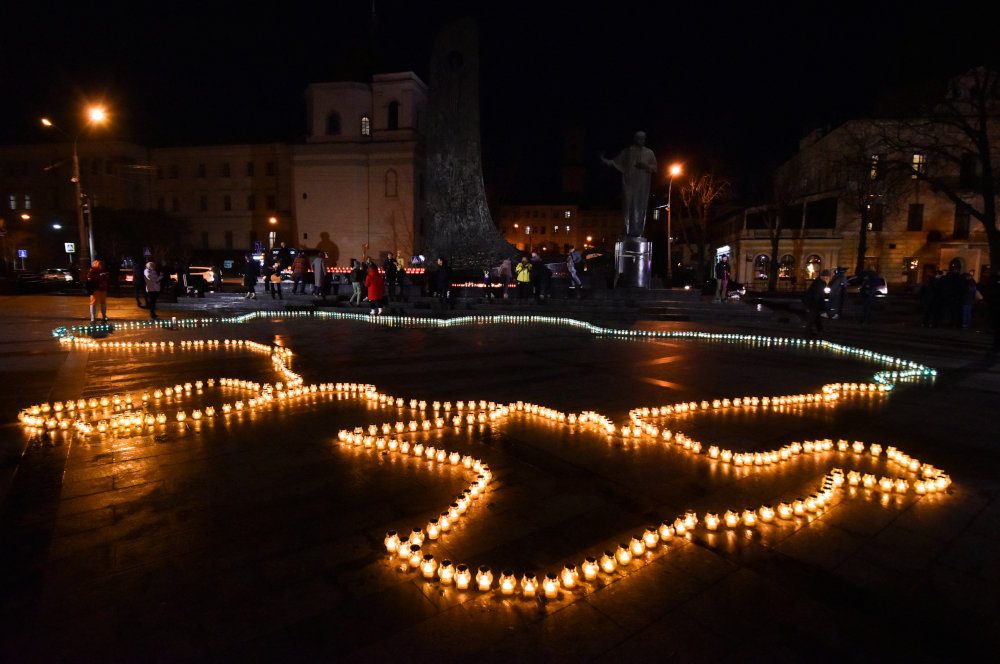
Artillery pounded key cities in Ukraine on Wednesday, April 6, as its president urged the West to act decisively in imposing new and tougher sanctions being readied against Russia in response to civilian killings widely condemned as war crimes.
Western sanctions over Russia’s invasion have gained new impetus this week after dead civilians shot at close range were found in the town of Bucha after it was retaken from Russian forces.
As Pope Francis described the killings there as a “massacre,” Ukrainian President Volodymyr Zelenskiy said the West needed to act decisively in taking “more rigid” steps.
“When we are hearing new rhetoric about sanctions…. I can’t tolerate any indecisiveness after everything that Russian troops have done,” Zelenskiy told Irish lawmakers by videolink.
The White House said it and its allies would target Russian banks and officials with new sanctions on Wednesday and ban new investment in Russia, and the head of the European Commission signaled further sanctions – including examining energy imports – on top of ones unveiled by the bloc on Tuesday, April 5.
But a crack in a unified EU front emerged on Wednesday, as Hungary’s Prime Minister Viktor Orban said his government was prepared to accede to Russia’s demand, rejected by Brussels, to pay in roubles for Russian gas.
Western policymakers have denounced the killings in Bucha as a war crime, and Ukrainian officials say a mass grave by a church there contain between 150 and 300 bodies. Satellite images taken weeks ago in the town, situated north of the capital Kyiv, show bodies of civilians on a street, a private US company said.
Moscow, which refers to the conflict as a “special military operation” designed to demilitarize Ukraine, denied targeting civilians there or elsewhere and called the evidence presented a forgery staged by the West to discredit it.
On Wednesday, to the south, a siege of the southern port of Mariupol – under bombardment through most of the invasion that began on February 24 – continued, trapping tens of thousands of residents without food, water or power.
“The humanitarian situation in the city is worsening,” British military intelligence said on Wednesday, while Ukraine’s Deputy Prime Minister Iryna Vereshchuk said people trying to flee would have to use their own vehicles.
Reuters could not immediately verify the British report.
The International Committee of the Red Cross said its team has successfully led a convoy of buses and private cars with more than 500 Mariupol residents to nearby Zaporizhzhia after the civilians fled on their own.
Vereshchuk said authorities would try to evacuate civilians trapped elsewhere through 11 humanitarian corridors.
Attacks elsewhere
Ukraine’s foreign minister said that, while he welcomed the latest set of EU sanctions, only an embargo on Russian gas and oil and cutting off all Russian banks from the global financial system could halt the war.
“It will take a gas/oil embargo and de-SWIFTing of all Russian banks to stop Putin. Difficult times require difficult decisions,” Dmytro Kuleba said on Twitter.
Since pulling back from outside Kyiv last week, Russian forces have shifted their assault towards Ukraine’s south and east.
Ukraine’s general staff said the northeastern city of Kharkiv, the country’s second-largest, remained under attack, while authorities in the eastern region of Luhansk urged residents to leave an area it also expects to be the target of a new offensive.
Ten high-rise buildings were on fire in Sievierodonetsk after Russian forces shelled the town on Wednesday, the region’s governor said in an online post.
Further south, the governor of the Donetsk region said at least two civilians were killed and five wounded when Russian artillery struck a humanitarian aid distribution point in the town of Vuhledar.
Reuters was unable to immediately verify that account.
Energy sanctions push?
Speaking a day after the EU announced new sanctions, including a ban on Russian coal imports, the head of the EU executive, Ursula von der Leyen, said there was more to come.
“Now we have to look into oil and revenues Russia gets from fossil fuels,” she told European Parliament.
Moscow last week demanded payments for gas in roubles from countries it deemed “unfriendly,” but Brussels said those with euro or dollar contracts should stick to them.
Germany, Europe’s largest economy which relies on Russian gas for much of its energy needs, warned that while it supported ending Russian energy imports as soon as possible it could not do it overnight.
While still short of what Kyiv has been pleading for, Western sanctions have already isolated Russia to an extent unprecedented for an economy of its size.
On Wednesday, the Kremlin acknowledged Russia could find itself technically in default after it was forced to make payments on its dollar-denominated bonds in roubles because its foreign reserves were blocked by sanctions.
As the war, which has already killed thousands, turned entire cities into rubble and left a fourth of Ukraine’s population homeless, heads into its seventh week, the risk that it could escalate into a broader conflict remains a concern.
Reflecting such fears, the EU executive said on Wednesday it had begun a stockpiling operation to boost its defenses against chemical, nuclear and biological incidents. – Rappler.com
$1 = 0.9186 euros
Add a comment
How does this make you feel?
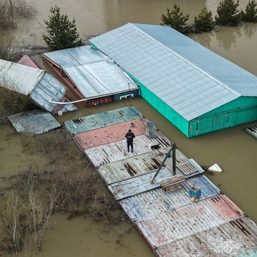

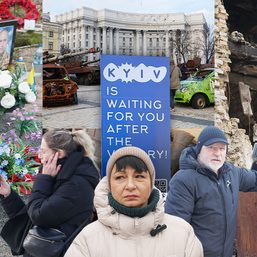
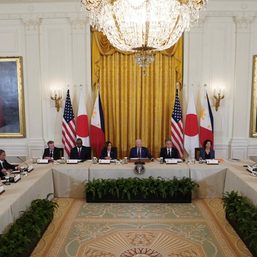
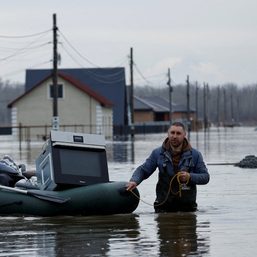
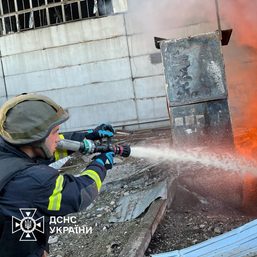
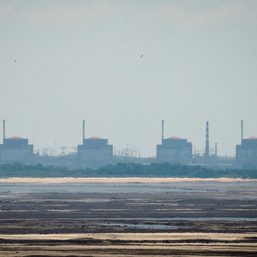
There are no comments yet. Add your comment to start the conversation.